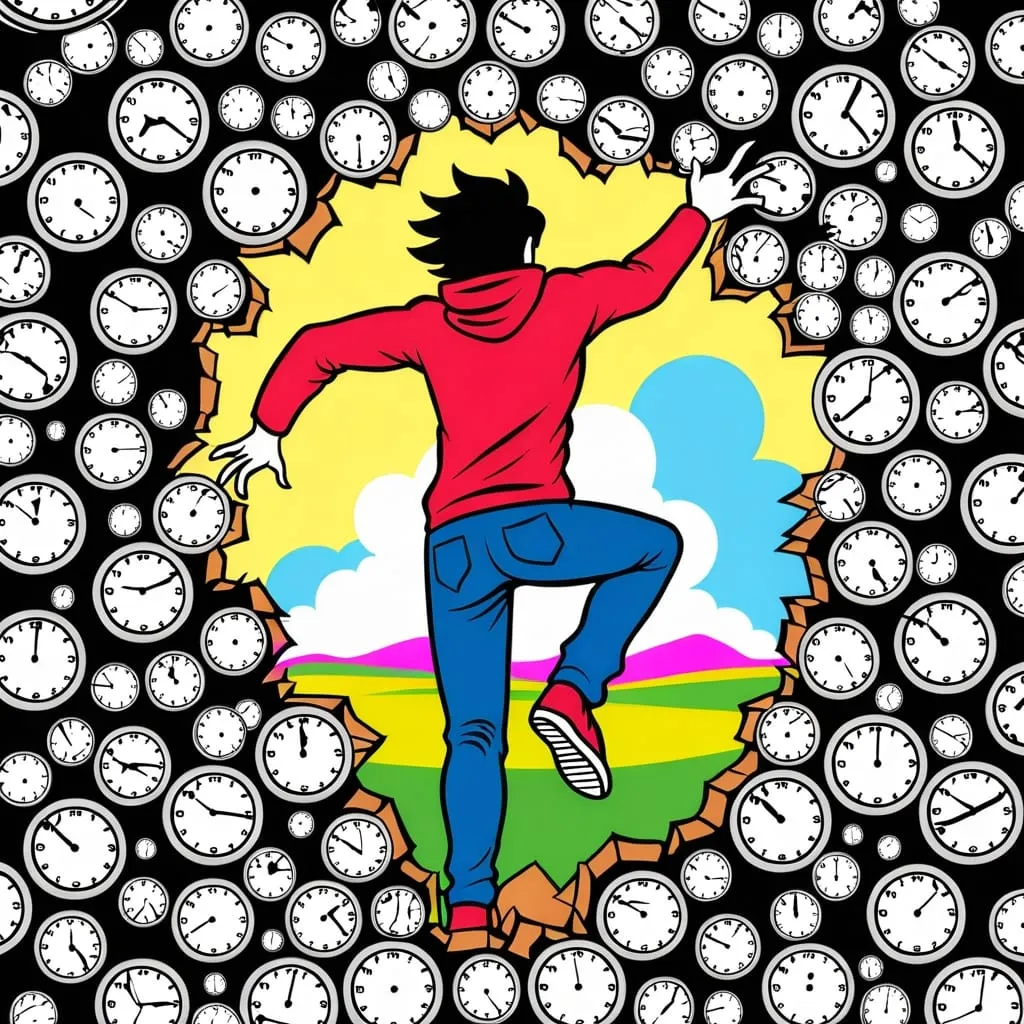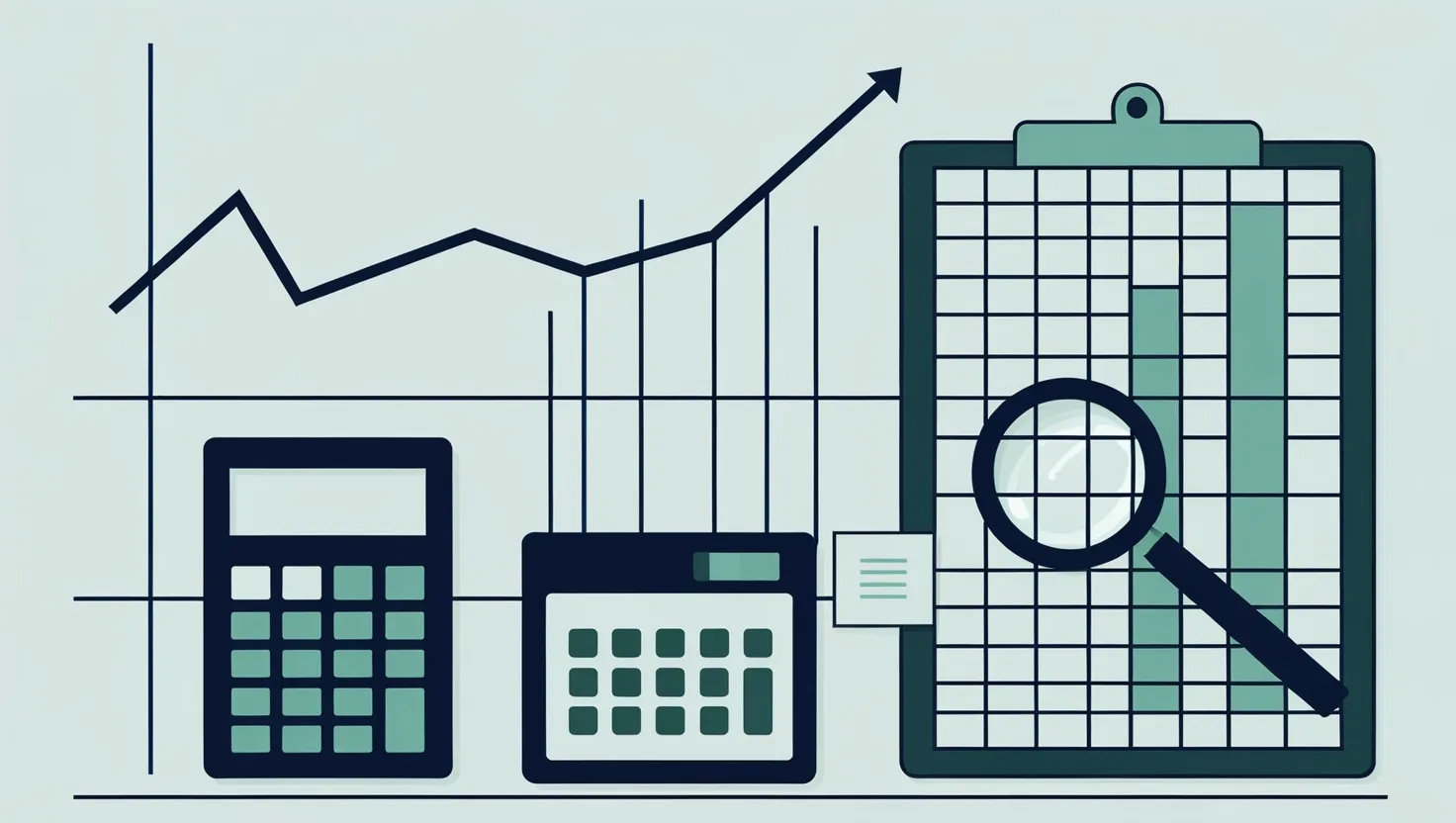Embracing the Power of Doing Nothing: A Radical Approach to Well-being
In our fast-paced, always-on world, the idea of doing absolutely nothing for 30 minutes might seem like a waste of time. But what if I told you that this simple act could be the key to unlocking better mental health, increased productivity, and even boosted creativity? Sounds too good to be true, right? Well, buckle up, because we're about to dive into the fascinating world of doing nothing.
First things first, let's get one thing straight: doing nothing isn't about being lazy. It's not about binge-watching your favorite show or scrolling mindlessly through social media. Nope, we're talking about the art of simply being present with your thoughts, free from distractions. It's like giving your brain a mini-vacation, and trust me, it needs it!
Think about it. When was the last time you just sat in silence, without your phone buzzing, emails pinging, or your to-do list looming over you? If you're like most people, it's probably been a while. But here's the thing: our brains aren't designed to be on constant alert. They need downtime to process all the information we throw at them daily.
So, what happens when we finally give our brains that much-needed break? Magic, that's what. When we allow ourselves to do nothing, our minds get the space they need to sort through experiences, strengthen memories, and even reinforce what we've learned. It's like hitting the reset button on your mental state.
But wait, there's more! Doing nothing can be a game-changer for your mental health. If you're someone who struggles with anxiety or stress (and let's face it, who doesn't these days?), this practice could be your new best friend. By taking a few moments to just breathe and observe your thoughts without judgment, you're giving yourself a powerful tool to combat those pesky stress monsters.
And here's a fun fact for you: some people find that taking a few conscious breaths can be more effective at reducing anxiety than some prescription medications. How's that for a natural remedy?
But the benefits don't stop there. Doing nothing can also help you become more self-aware. When you sit with your thoughts, you start to understand what really makes you tick. What do you truly think? How do you really feel? What matters most to you? This increased self-awareness can lead to better decision-making and a clearer sense of purpose. It's like becoming the CEO of your own mind!
Now, I know what you're thinking. "But I've got so much to do! I can't afford to waste time doing nothing!" Well, here's the kicker: doing nothing can actually make you more productive. I know, it sounds counterintuitive, but hear me out.
When you take regular breaks and allow your mind to wander, you're more likely to come up with innovative ideas. Don't believe me? Just ask Sir Isaac Newton. Legend has it that his theory of gravity was inspired by an apple falling while he was simply walking in an orchard. Talk about a fruitful break!
And it's not just about big, world-changing ideas. Taking short breaks, even as brief as 2 to 5 minutes, can significantly improve your concentration and attention. There's even a fancy name for this technique: the Pomodoro Technique. It involves alternating between focused work and relaxation time. The result? You come back to your tasks feeling renewed and ready to tackle anything.
But the benefits of doing nothing aren't just limited to your mental well-being. Your body will thank you too! When you're not constantly stressed or overworked, your body gets the rest it needs to function at its best. This can lead to better overall health, improved mood, and even enhanced creativity. It's like hitting the jackpot of well-being!
Now, I get it. The idea of doing nothing might make you feel a bit guilty. We live in a society that often equates busyness with importance and productivity. But here's the truth: taking time to do nothing isn't lazy or irresponsible. It's a form of self-care, and it's absolutely necessary for maintaining your mental and physical health.
So, how can you start incorporating this magical practice of doing nothing into your busy life? Don't worry, I've got you covered with some practical tips:
First, disconnect from technology. I know, I know, it's hard. But trust me, those notifications can wait. Turn off your phone, close your laptop, and give yourself a real break from the digital world.
Next, try enjoying nature. There's something incredibly calming about being outdoors. Start your day with a morning walk or take a break to sit in a park. Nature has a way of helping us feel more grounded and connected to ourselves.
Remember to prioritize yourself. Give yourself permission to pause. Recognize that taking breaks isn't just okay, it's essential. You wouldn't expect your car to run without refueling, so why expect that from yourself?
Try creating a daily ritual. Set aside a few minutes each day dedicated to doing nothing. It could be as simple as sitting in silence, gazing out a window, or just letting your mind wander. Make it a non-negotiable part of your day, like brushing your teeth or eating breakfast.
Now, I know the idea of doing nothing might feel a bit uncomfortable at first. We're so used to always being on the go that sitting still can feel strange. But trust me, the benefits are worth pushing through that initial discomfort.
Take it from people who've tried it. One person shared how doing nothing became one of the most valuable activities in their life. It led to increased motivation, clarity, and a sense of calm they'd never experienced before. They felt like they finally got to know themselves better.
Another individual found that incorporating "doing nothing" into their daily routine helped them manage anxiety and depression. By focusing on the present moment and avoiding the temptation to multitask, they were able to enjoy activities more fully and reduce their stress levels. It was like discovering a superpower they never knew they had!
So, here's the bottom line: in a world that seems to value constant activity and productivity above all else, the practice of doing absolutely nothing for 30 minutes a day can seem pretty radical. But sometimes, radical is exactly what we need.
By giving your mind the space to rest, process experiences, and consolidate memories, you're not just improving your mental health. You're boosting your productivity, unleashing your creativity, and setting yourself up for success in all areas of your life.
So, the next time you feel the urge to fill every moment with activity, remember that sometimes the best thing you can do is simply nothing. Take a deep breath, sit back, and let your mind wander. You might be surprised at how transformative this simple act can be.
Who knows? Those 30 minutes of nothing could lead to everything you've been looking for. So go ahead, give yourself permission to do nothing. Your mind, body, and future self will thank you for it. After all, in the grand scheme of things, doing nothing might just be the most productive thing you do all day.






